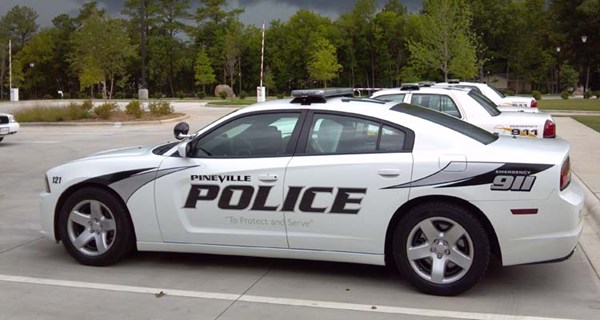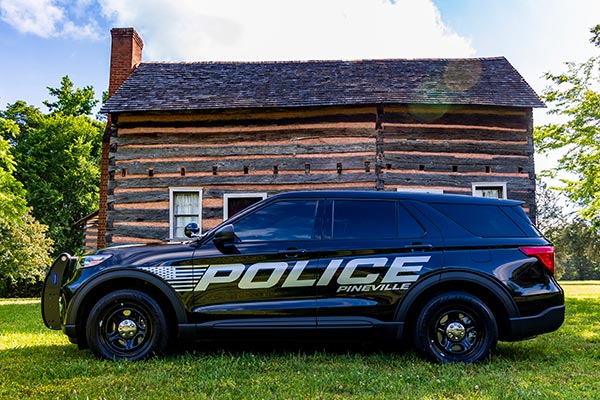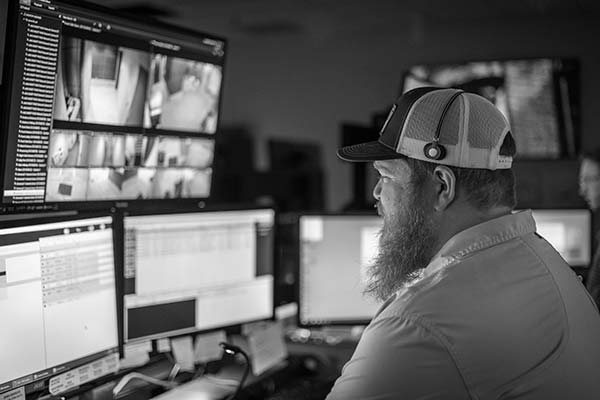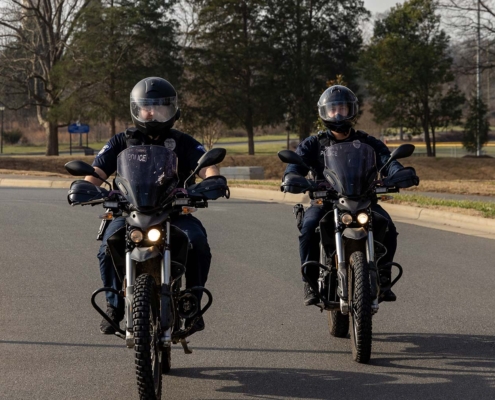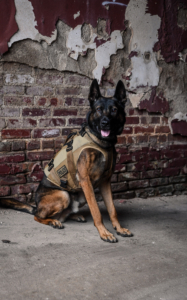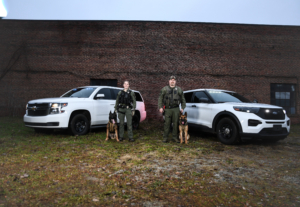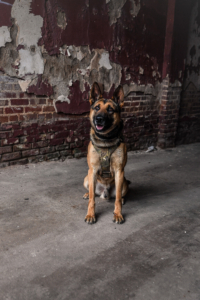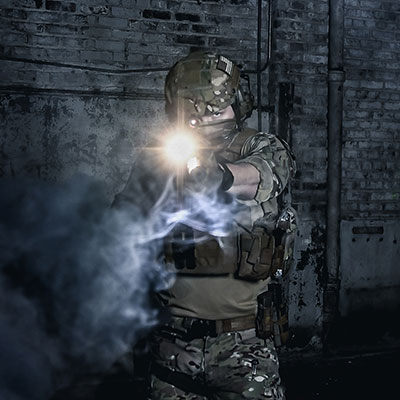The Pineville Police Department Communications Division proudly serves the citizens of the Town of Pineville and the Town of Mint Hill. We are a primary public safety answering point (PSAP) whose highly trained telecommunicators handle routine and emergency calls for police, fire, medic and local government agencies.
When the Communications Division receives your call, it is processed using the Vesta phone system. The system is equipped with seven administrative lines and 6 emergency 9-1-1 lines. This system automatically identifies and displays the telephone number and location of emergency callers. It also recognizes TTY/TDD calls from non-voice communication devices. The phone system is integrated with the Plant/CML VisualGIS mapping system, which maps the location of these callers, including most wireless callers. Some of the features this system provides to telecommunicators are:
- Unlimited speed dials
- Auto ring back
- Instant recording retrieval
- Event tracking
- Mapping functions
Calls are dispatched on Avtec’s Scout Communications Platform utilizing the Pineville Police Department’s 800 MHz trunked radio system. These consoles provide telecommunicators with a graphical interface that displays and tracks valuable information that assists in call processing and officer safety.
The Communications Division is currently using Southern Software’s Computer Aided Dispatch (CAD) system to document all calls for service. This system allows telecommunicators to see at a glance which officers are on duty, which officers are on calls and which officers are available. It records call details such as when the call was received, when an officer was dispatched and arrival times. CAD also provides location information and location history for all business locations in Pineville and Mint Hill. Report numbers are generated using the CAD system, which are then sent to the Records Management System and processed by the Records Division.
What to do when calling 9-1-1
The most important thing to remember when calling 9-1-1 is DO NOT HANG UP! Hang-ups require telecommunicators to attempt to call back the caller, which wastes valuable time in a true emergency. Hang-ups delay a telecommunicator’s response to others in need.
Stay calm and speak clearly into the phone. Give the telecommunicator as much of the below-listed information as necessary for the given situation.
Specify the kind of Emergency
Police, Fire or Medic.
Location of the Incident
Be as specific as possible. Look for street names, addresses or businesses closest to you.
Phone Number
Provide a telephone number you can be reached at. This is helpful in case the responders cannot locate you or if you get disconnected.
People Information
Tell the telecommunicator how many people are involved and provide as many descriptive details as you can. Remember to be specific.
Additional Circumstances
Provide the telecommunicator with any information that may hinder emergency personnel from providing assistance such as aggressive dogs on the property, address not properly displayed, vehicles or other obstacles blocking the roadway, etc.
ADVISE THE TELECOMMUNICATOR IF ANY WEAPONS ARE INVOLVED
Keep the information factual. The information provided to the telecommunicator should be based on fact, not opinion. Do not over or under exaggerate the situation.
LISTEN
Listen to the telecommunicator and follow their instructions. They will often ask you to repeat information for accuracy. Remember that they are here to help you!
Hearing Impaired
The Vesta phone system provides direct 9-1-1 access for the hearing impaired community by automatically recognizing TTY calls. It is not necessary to use a relay service. Our telecommunicators have been trained to process TTY calls by a representative from the North Carolina Division of Services for the Deaf and Hard of Hearing. Refresher training is also provided, and the Communications Division is tested periodically by the North Carolina Division of Services for the Deaf and Hard of Hearing to ensure that we are ready to serve you. Please remember not to hang up until a telecommunicator asks you to do so.
Non-English Speaking Citizens
The Communications Division is able to process both emergency and non-emergency calls for service with the assistance of Voiance Language Services. This service provides over-the-phone interpretation 24 hours a day, seven days a week, 365 days a year. Translation services are available for over 200 languages. The telecommunicator will conference your call to the Language Line operator. Your language will be identified and, on average, you will be connected to an interpreter within seconds. Do not hang up until the interpreter advises you to do so.
Tenemos intérpretes a su disposición
Si necesita que le atiendan en español por favor diga “Spanish” y le conectaremos con un intérprete. Por favor manténgase en la línea.
When to Call 9-1-1
9-1-1 is for emergency calls only. Emergencies include:
- Crimes that have resulted in serious personal injury.
- Crimes that are in progress.
- Crimes in which a suspect may still be on scene.
- Medical Emergencies.
- Reporting a Fire.
If you call 9-1-1, do not hang up. A telecommunicator will answer as soon as possible. Hanging up will cause a delay in getting emergency responders to you and could delay emergency response to others in need.
If you call 9-1-1 by mistake, stay on the line and tell the telecommunicator that the call was a mistake. Do not hang up.
9-1-1 should not be used for information or to connect you with an officer or other department member.


